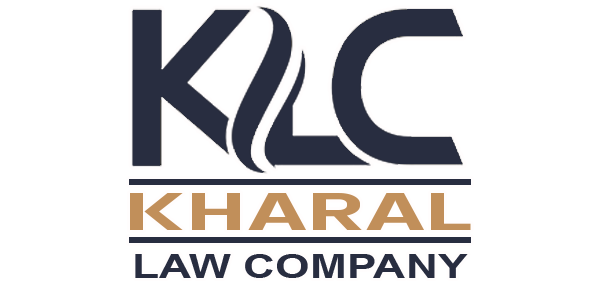Data is an essential resource that informs business decisions and helps to drive growth. However, capturing and transfer data from multiple systems viral2share.com/2022/01/04/the-benefits-of-document-management-workflows/ is difficult without efficient and secure exchange systems. A well-designed platform for data exchange lets organizations to streamline their data assets, monetize them, increase collaboration, promote compliance with regulatory requirements, and meet regulatory needs.
Data exchange is a way of sharing data between different systems. This can be accomplished internally or with stakeholders and partners outside. This typically involves using standard formats and protocols to ensure data interoperability and integration. The technology may include transfer of files, direct connections to databases or messages between applications.
Companies are increasingly using data to gain an edge in the market and satisfy consumer demand. This demands that all parties involved have access to timely and high-quality information. Access to reliable and consolidated information can to streamline decision-making and improve operations. It also enhances customer service. An efficient data exchange is also vital to ensure the continuity of operations worldwide and compliance.
Data exchanges that succeed can revolutionize industries. As such, they require careful planning and considerations related to security and privacy of data as well as data quality and interoperability. When a business is considering the benefits and dangers of different methods for transferring data between platforms, it’s crucial to take into consideration both. For instance connecting directly to databases could be the quickest and most secure method to transfer large amounts of data however, it comes with the risk of losing control over the data.


